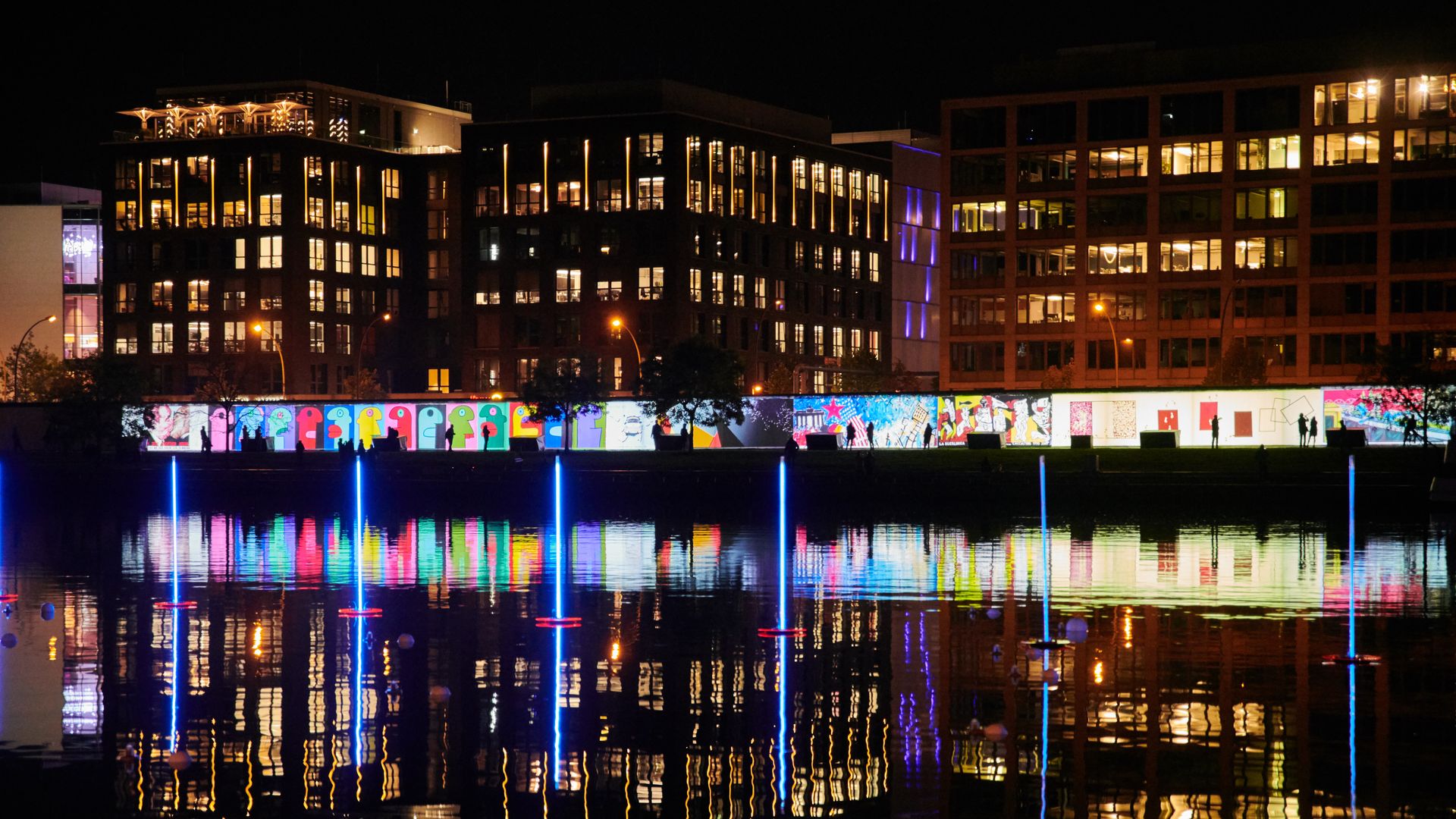
Saturday marks 30 years since the Berlin Wall came down, but even decades after reunification, more than half of former East Germans feel like second-class citizens and are increasingly expressing their frustrations at the ballot box.
Why it matters: The legacy of 1989 is the power of citizens to bring about change, but today faith in democracy is falling. Although Chancellor Angela Merkel is from the former east, voters there are rejecting mainstream political parties and turning in greater numbers to the far-right Alternative for Germany (AfD) party.
The big picture: The wall is not missed, and its demise was undoubtedly a geopolitical success for the West as it ushered in the post-Cold War period. Democracy had prevailed against communism in a peaceful revolution of "We are the people" protests — a motto that later turned into "We are one people."
Where it stands: The Berlin Wall has now been down longer than it was up, yet the five states in the former German Democratic Republic are still playing catch-up. Approximately $2 trillion in regional investment has given a face-lift to cities previously behind the Iron Curtain but disparities persist.
- Wages are approximately 15% lower, and retirees receive lower pension amounts.
- Corporate headquarters are scarce, and less than 10% of those who hail from the east are in leadership positions in sectors throughout Germany.
- A brain drain has left much of the east bereft of young people, especially young women. According to Zeit Online, nearly a quarter of East Germany’s original population has left since reunification.
The impact: The AfD is now present in all of Germany’s 16 state legislatures but has found its stronghold in the former east.
- The xenophobic party, whose leaders have relativized the Holocaust, racked up roughly a quarter of the vote during recent state elections in Brandenburg, Saxony and Thuringia.
- Just last week, the city council of Dresden declared a "Nazi state of emergency."
The bottom line: On the surface it may seem difficult to differentiate Germans once tagged as either Wessis or Ossis, but differences remain. The former east's far-right swing could now make it harder to spur the political and financial changes needed to close the gap.
Sudha David-Wilp is a senior transatlantic fellow and deputy director of the German Marshall Fund’s Berlin office.






